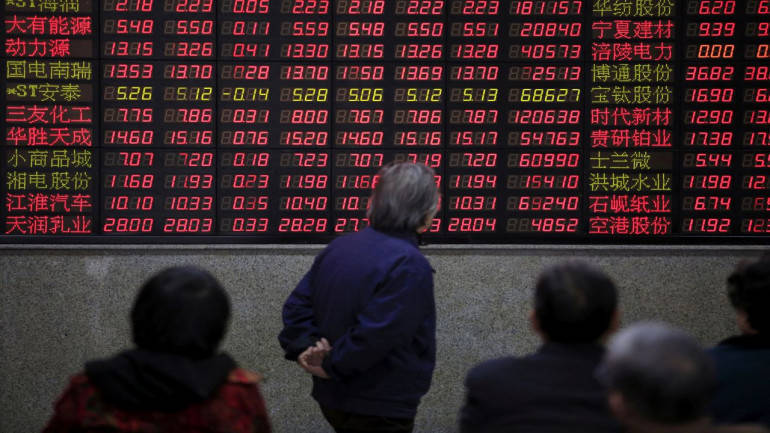
The Asian and Pacific Rim financial markets are selling off on Friday. Regional traders throughout the Asian area are concerned that the coronavirus, technically called the COVID-19 strain, will become a global pandemic.
The Nikkei 225 in Japan was the region’s leader in losses. Shares on this benchmark plunged 4.14 percent and in Tokyo, the Topix index was down over four percent.
Japanese economic data released today showed that January retails sales fell 0.4 percent. This was better than the expected contraction of 1.1 percent.
In South Korea, the Kospi composite index was down over three percent. Elsewhere in the Asian and Pacific Rim, the Australian ASX 200 shed three percent.
In Hong Kong, the Hang Seng index fell 2.69 percent and on the mainland, in China, the equity indices were all tumbling.
The Shenzhen component shed 4.4 percent. The Shenzhen composite was down 4.38 percent and the Shanghai gave up 3.37 percent.
Sentiment in the Asian and Pacific Rim Sours over the Coronavirus
Global equities are selling off again as sentiment sours over COVID-19 headlines. They are on track for their worst week since the global economic crisis in 2008 as traders brace for the coronavirus to become a pandemic.
In South Korea there are now 1,700 reported cases and over six hundred people in Italy are now infected.
In China, there are 327 new confirmed cases as of Thursday. According to the National Health Commission, this is down from the 433 new cases seen on Wednesday.
The death toll in Iran rose to 26. This is the highest toll outside of China and they have at least 245 people infected including several senior government officials.
Moody’s Analytics has issued a warning that a pandemic will cause a global recession. Including a recession in the United States.
This recession will happen in the first 6 months of 2020. Traders are now looking to see if the U.S. Federal Reserve will cut rates at their next meeting to insulate their economy.
However, financial market analysts fear that might not be enough to ward off the effect of the economic damage caused by an economic slowdown.
 Forex Marketz Daily Forex News – Fully Markets Update
Forex Marketz Daily Forex News – Fully Markets Update



